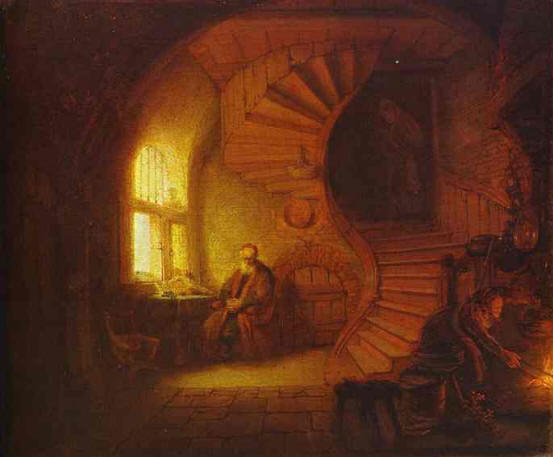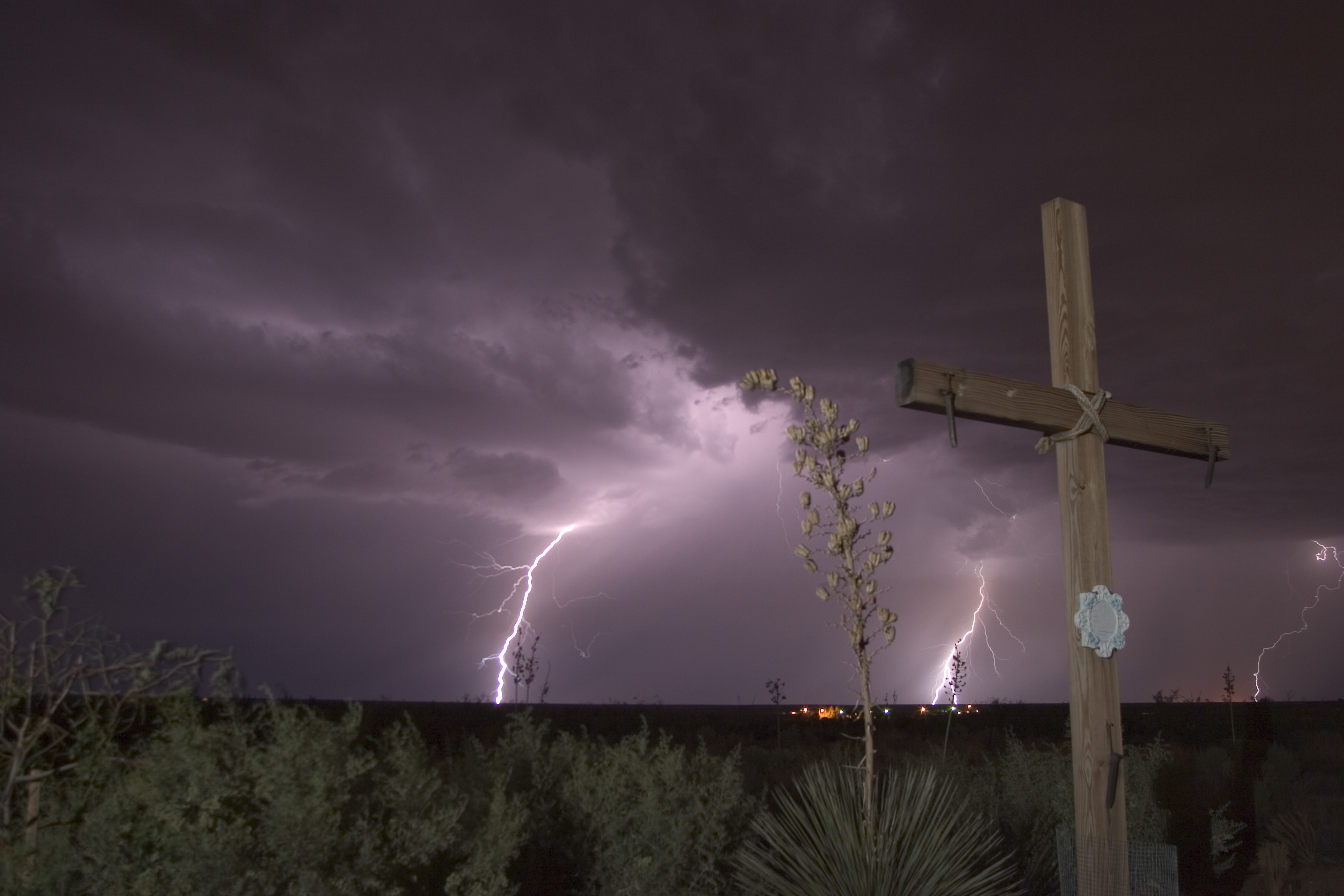Diversity in Unity
The Call To Community: Living a Monastic Life in Contemporary Culture
by David Morrison
____________
Introduction: The monastic life is centered upon “one (mono) thing”-God. The essential nature of God is community since God is Father, Son and Holy Spirit who live in threeness and yet are one. “One thing have I desired of the Lord, that will I seek: That I may dwell in the house of the Lord all the days of my life, to behold the beauty of the Lord, and to inquire in His temple” (Psalm 27:4). Hence, life in community is not a means unto itself; rather, it is a vehicle to divine intimacy with the Lord.
Vision: We are called to live in a monastic community in the spirit and style of the first missionary monks in this region (The Franciscans). The expression is a celebration of the whole church weaving the evangelical, charismatic, and sacramental streams together.
Why live in community?
- The Christian life is an alternative lifestyle from mainstream culture. Our Western culture’s hyper-individualism has left us relationally impoverished. The ancient call to community heals this poverty.
- Life in community empowers us to live out the spiritual disciplines more effectively than the individualistic models of suburban living. The spiritual disciplines then become not means unto themselves, but propulsions into the heart of God.
- Community allows us to experience and live out the highest command to love one another. It causes us to enter into at a deeper level the wedding vows of Jesus the Bridegroom to His bride.
Is there any scriptural or historical precedence for community?
- There is a strong scriptural basis for living in community. However, this does not negate the church expression that does not. Jesus lived in nomadic community with His twelve disciples (Matthew 9:35-38).
- The first church at Jerusalem lived from house to house sharing a common purse (Acts 2:44-47).
- The early Gentile churches met in homes as well (Romans 16:5).
- Those who are now known as the desert fathers and mothers felt a need to intensely seek the Lord through an alternative Christian lifestyle. This began in the 4th century and has birthed many streams in Christian expression throughout the ages. To name a few: The Benedictines, Celts, Franciscans, Jesuits, Carmelites, Moravians, Pietists, Bruderhof, Amish, etc.
- Consequently, there is a growing house-church movement in America and many in the Vineyard Association are embracing its expression.
What does community life look like?
- The taking of discipleship vows such as:
- Devotion: Daily and nightly corporate worship and prayer as well as a commitment to prayer in solitude, fasting, and study.
- Celebration: Enjoying life and people to the fullest; preserving brotherhood, and artistic expression through all of the arts.
- Service: Giving to the poor; tending to the spiritual and social needs of people; and manual labor.
- Simplicity: Community vs. Individualistic perception; worship in place of common forms of entertainment.
- Chastity: Sexual purity at appropriate life stations: married, single, and celibate.
- Obedience: Submitting to one another out of reverence for Christ.
- Stability: We intend to live this way for the rest of our lives
- Daily life will take on a natural rhythm to live out these vows:
- Common meals on designated days.
- Regular fasting as each are led (bread only, vegetables, liquids, complete, etc).
- Worship and prayer together every day.
- Those who work daily at the community break at noon for prayer and common lunch.
- Some work daily at the community building homes, a chapel, gardens, etc. Others make a living in the work force.
- Times set apart for minimal speaking (silence).
- Sundays are truly a day of worship and rest. It often takes discipline to take leisure.
- Community/family meetings are held Thursday evenings.
- Week night activities vary according to current outreach and service projects and family needs.
- Times of special reflection and celebration will include Advent, Christmas, Lent, Easter, and Pentecost.
- We host retreats for groups.
- We also host people with various circumstances for temporary amounts of time for healing, refreshing, and/or mentoring.
Is the community affiliated with anyone?
- We are affiliated with Vineyard USA.
- We spend much time blessing, serving, and connecting with other local churches of many denominations in the area. We are ecumenical, not separatists.
- We are always seeking to relate with other intentional communities in order to give and receive support for this expression of life.
How does one “join” the community?
- One who feels the calling to this life must discern the Spirit. The following steps aid in this process:
- Candidacy (friendship): This period calls for an appropriate amount of time visiting with and living the normal schedule of our life.
- Postulancy (courtship): This is a six to twelve month period to get to know the life of the community in both ideals and practices. During this time the candidate lives with the community, becomes acquainted with the vision and spirit of it, works and is oriented to the life. He/she receives spiritual mentorship in the interior life.
- Novitiate (engagement): After the courtship, the individual enters a novice period of one to two years. During this time the novice is instructed more intensely in discipleship and way of life.
- Profession: After the novice period, the individual is asked to covenant for a period of three years. This may be repeated once, and twice under extraordinary circumstances.
- Those living with us for an extended period as guests have some expectations placed upon them. Some initial expectations are respecting community members and property, nominal participation (depending upon circumstances), etc.
What if members want to leave?
- Jesus said that people of the Spirit are like the wind—mysteriously but not aimlessly exhaling throughout the world. We believe some will live in this specific community for life while most others will stay for a season. Our commitment is to maintain a spirit of peace with all.
- Our vows of discipleship transcend the immediate geography. Our specific community does not hold the corner on any market—people are always free to come and go at will. Relational tranquility is what should be maintained.
- In the end, our commitment depends not on human willpower but on the grace of God, and we will never hold back a member who decides to leave.
Do we have a common purse? How is support worked out?
- No. We incorporate aspects of American private ownership and monastic communalism. Functional practicality supercedes idealism in this matter.
- Community income is supported by contributions of those who work in the conventional work place, offerings from the parish church, and growing our own food.
- We may look into grants for such things as desert farming.
What is the leadership structure?
- Most of the adults in the community come from what is called a complementarian perspective which we have come to reject. We’re in transition to becoming an egalitarian community.
- The leadership is more circular than linear. Christ is the center. This means we put very little emphasis on any ranking or position. Our decisions are made through dialogue and patient consensus. Normally, if an agreement can’t be reached, we put the issue aside for a few months and return to the dialogue.
- We feel that fostering an atmosphere of active listening and being heard is the most effective guidance we can give or receive.
- This area is vague because freedom is a higher value than order. We don’t reject order by any means, but we are striving to participate in the church not made with human hands.
- Each member takes the responsibility over various activities such as the gardens, maintenance, retreat center, woodshop,etc. The goal is that all members will be able to operate in all the charisms the Spirit chooses to manifest.
What about disciplinary action?
- The practice of immorality will result in disciplinary action. This correction must be moderate, creative, and educational in their nature and must be sensitively applied for the genuine good of the individual and the community with special respect for the basic human dignity of the individual.
- Refusal to repent of immorality might result in expulsion from the community.
What about children?
- After the example of St. Benedict, the Celts, and the ancient monks of the desert, children are included in the community. We give special care to children and regard them with great love. We also follow the scriptural admonitions for love and discipline.
- Families with children moderate the normal monastic routines of solitude, silence, fasting, etc. to insure the children have ample time and space for education and recreational play.
Are there any house rules?
- There is no law but love. Love is joy in others. It is out of the question to speak about another person in a spirit of irritation or vexation. There must never be talk, either in open remarks or by insinuation, against any brother or sister, or against their individual characteristics — and under no circumstances behind their back. Gossiping in one’s family is no exception. Without this rule of silence there can be no loyalty and thus no community. Direct address is the only way possible; it is the spontaneous service we owe anyone whose weaknesses cause a negative reaction in us. An open word spoken directly to another person deepens friendship and will not be resented. Only when two people do not come to an agreement quickly is it necessary to draw in a third person whom both of them trust. In this way they can be led to a solution that unites them on the highest and deepest levels. –Eberhard Arnold, 1925
- Our lifestyle is one of faith. That is, we are living presently as we will live in the kingdom to come. Therefore, we must possess and enact a high value for aesthetic beauty concerning our property. Junk lying around on individual homes is unacceptable. Junk includes noise pollution as well. Furthermore, we must hold a deep respect for the desert’s ecology.
What does worship and prayer look like?
- Our desire is to press into the sacred heart of Jesus. We seek worship that is in Spirit and in truth and prayer that is mingled with the prayers of the saints in heaven.
- We have adopted styles that combine the charismatic, evangelical, and sacramental streams of Christian tradition. We pray the Liturgy of the Hours (Psalms and other hymns from scripture) as well as spontaneous prayer. We sing contemporary music as well as traditional. We believe that all music and dance styles from many different cultures have redemptive value.
- We also believe that visual art has great power to extract worship from our hearts. In short, all art forms are sacred.


